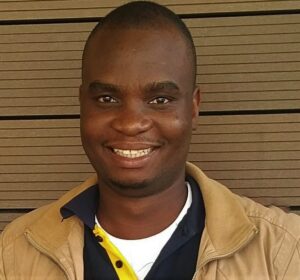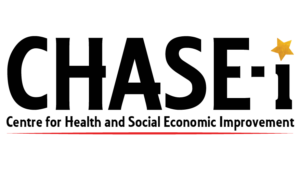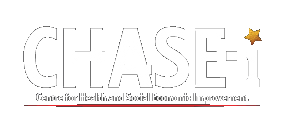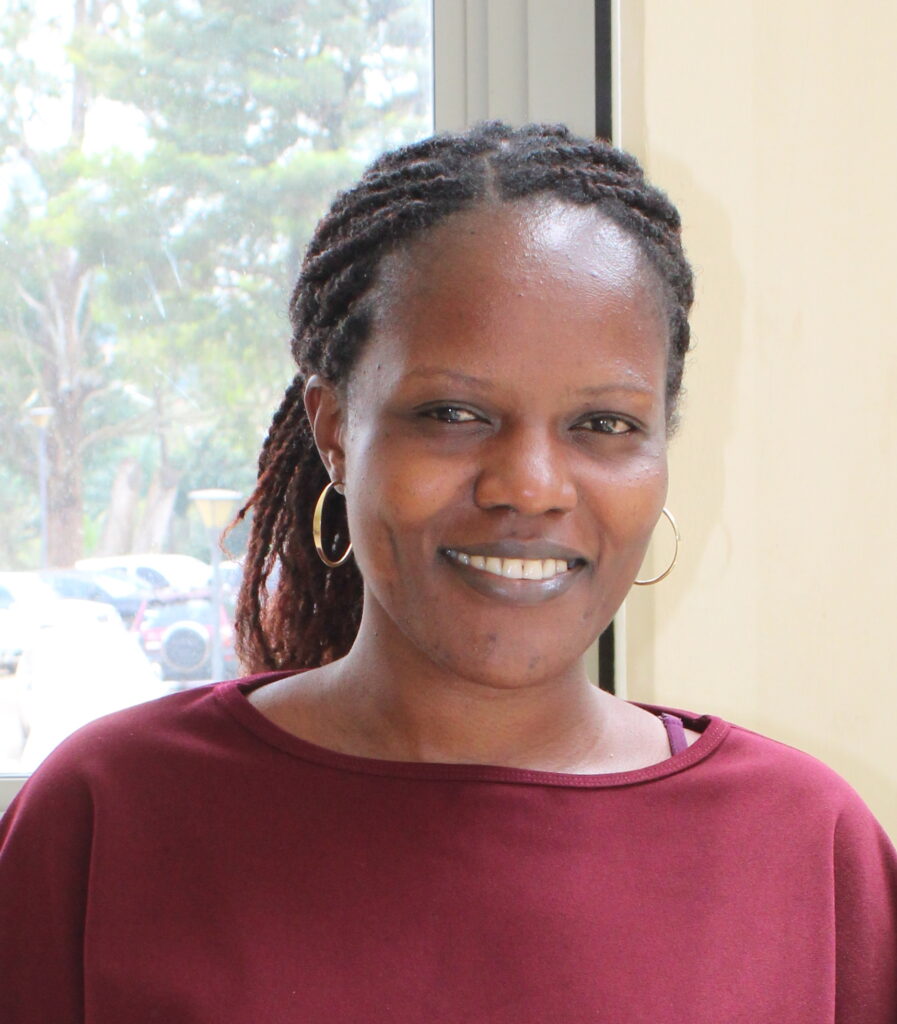From conflict to connection: How the two governments and communities of Uganda and South Sudan are fostering peace and development across borders

Henry Bazira, CHASE-i
- DECEMBER, 2024
There’s an African proverb that says “If you want to go fast, go alone. If you want to go far, go together.” This wisdom rings true for the Cross-border Opportunities for Migration, Peace and Self Sustenance (COMPASS), a bold and novel project supporting several reconciliation and development initiatives along the Uganda-South Sudan border. COMPASS is funded by EU-UNOPS, implemented by LWF and CDSS in Uganda and South Sudan. Makerere University’s Centre for Health and Social Economic Improvement (CHASE-i) is the learning partner on this this project. CHASE-i recently released the findings of its security audit, the insights therein offer lessons not just for the region but for the world – applicable both in similar or different contexts. Here are my top picks, shared through the lens of proverbs hoping that they resonate with you, dear readers:
- A fence mends relationship: Another proverb teaches “good fences make good neighbors.” The COMPASS project, quite literally, supported the building of figurative fences. Through revitalizing or creating structures for dialogue and collaboration at all levels from community to national and regional – all of which have eventually turned previous animosity into partnership. Through cross-border agreements signed by government officials on both sides to guarantee peace and protection, communities that once eyed each other with suspicion now share markets, schools, health facilities, water sources and more than just kinship. The project’s success reminds us that the foundation of peace is built with trust and mutual respect. For instance, cattle raids and smuggling, once the scourge of the border especially in the project sites of Ikwotos and Budhi in the Equatoria region of South Sudan, have dramatically declined. Through the project’s interventions in peace building and enhancing livelihoods and agribusiness, former rustlers and smugglers are now leading more productive and exemplary lives as Champions, Innovators and Peace Ambassadors (CIPAs). Dialogues between community (including religious, cultural) leaders and local authorities have created a space where solutions could be identified, discussed and tested out, demonstrating that even the thorniest issues can be tackled with the right tools.
The security audit highlighted challenges too, reminding us of another African saying: “a river does not rise above its source”. Infrastructure remains a major hurdle. Poor roads in South Sudan make it incredibly difficult to deliver essential services, and the limited reach of schools and health facilities leaves many in need. Without addressing these root challenges, the progress made could face setbacks.
In Waligo, for example, only two boreholes serve the entire population – mothers with babies walk for miles, balancing pots on their heads, just to fetch water. For meaningful change, these core gaps must be filled.
The hands that sow shall reap: Through farmer groups, vocational training, business skilling, and Village Savings and Loan Associations (VSLAs), COMPASS sowed seeds of economic empowerment. As an elder shared during the audit: “With a hoe in your hands, you will never starve.” The project’s agricultural initiatives and market exhibitions allowed communities to reap both peace and prosperity. Families on both sides of the border now trade crops and goods, finding strength in shared economies and experiences.
The child not embraced by the village…: Lastly, the project demonstrated the importance of supporting the most vulnerable as a litmus test for any society’s “health and wellbeing”. Refugees and displaced persons – especially women and children, face heightened risk of exploitation in all its forms; and need protection. It has been our joy as learning partners on COMPASS project to watch them actively participate in activities seeking to improve their living conditions and aspirations, become resourceful and productive members of their communities. Through its
Protection and Integrated Services strand strand, COMPASS project has supported efforts to create safe spaces and ensure access to education, healthcare, WASH and other essential services for refugees, IDPs, returnees and host communities both on the Uganda and South Sudan side. Through community initiatives – both in schools and out, children and youth have been empowered to learn about their heritage, capacities and responsibilities. And the results are nothing short of transformational. These initiatives reflect the proverb: “The child who is not embraced by the village will burn it down to feel its warmth.” By addressing the needs of these populations, the project builds a future where every child feels embraced, valued and responsible.
Looking Ahead
The COMPASS project has proven that even in regions plagued by conflict, peace is not a distant dream. As the diverse stakeholders reflect and act on the learnings from not only the security audit but project overall, here’s hoping that the commitments made right from the project’s inception and more recently as it ends are followed through. These commitments were partly immortalized and repeatedly affirmed through the signed peace treaty agreements, cross-border trade expos, stakeholder dialogues and other countless meetings and documents to improve infrastructure, disarm communities, and expand social services. These noble intentions will require persistence, partnership, and patience among others. In closing, I draw from another African proverb which says “little by little, the bird builds its nest.” One peace treaty, one dialogue, one road, one school, one market expo at a time – peace can take root and flourish. Let us carry these learnings forward, so that the borders we share do not divide but unite us in shared hope and progress.


Government officials from Uganda and South Sudan signing another COMPASS-curated peace agreement in November 2024

COMPASS project and government officials inspect a stall by a female innovator

At a cross-border trade expo in Ngomoromo on the border of Uganda-South Sudan

Farmer groups displaying their produce at a market expo

Part of the COMPASS project team – funders (UNOPS/EU), implementing partners (LWF/CDSS), learning partner (CHASE-i) and Local Project Advisory Committee (LPAC)


The inaugural peace treaty signed by the governments of Uganda and South Sudan under COMPASS project in February 2023


